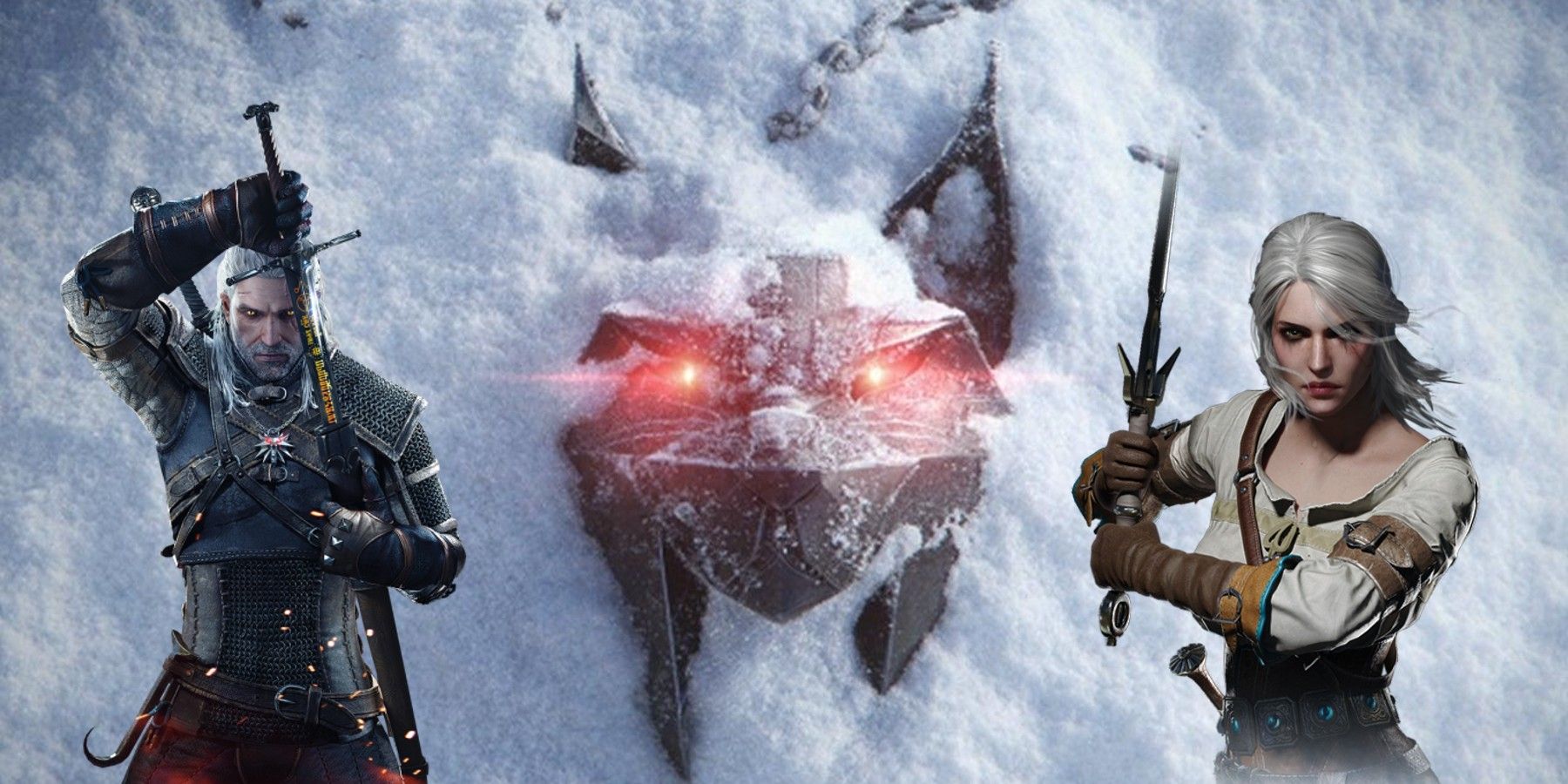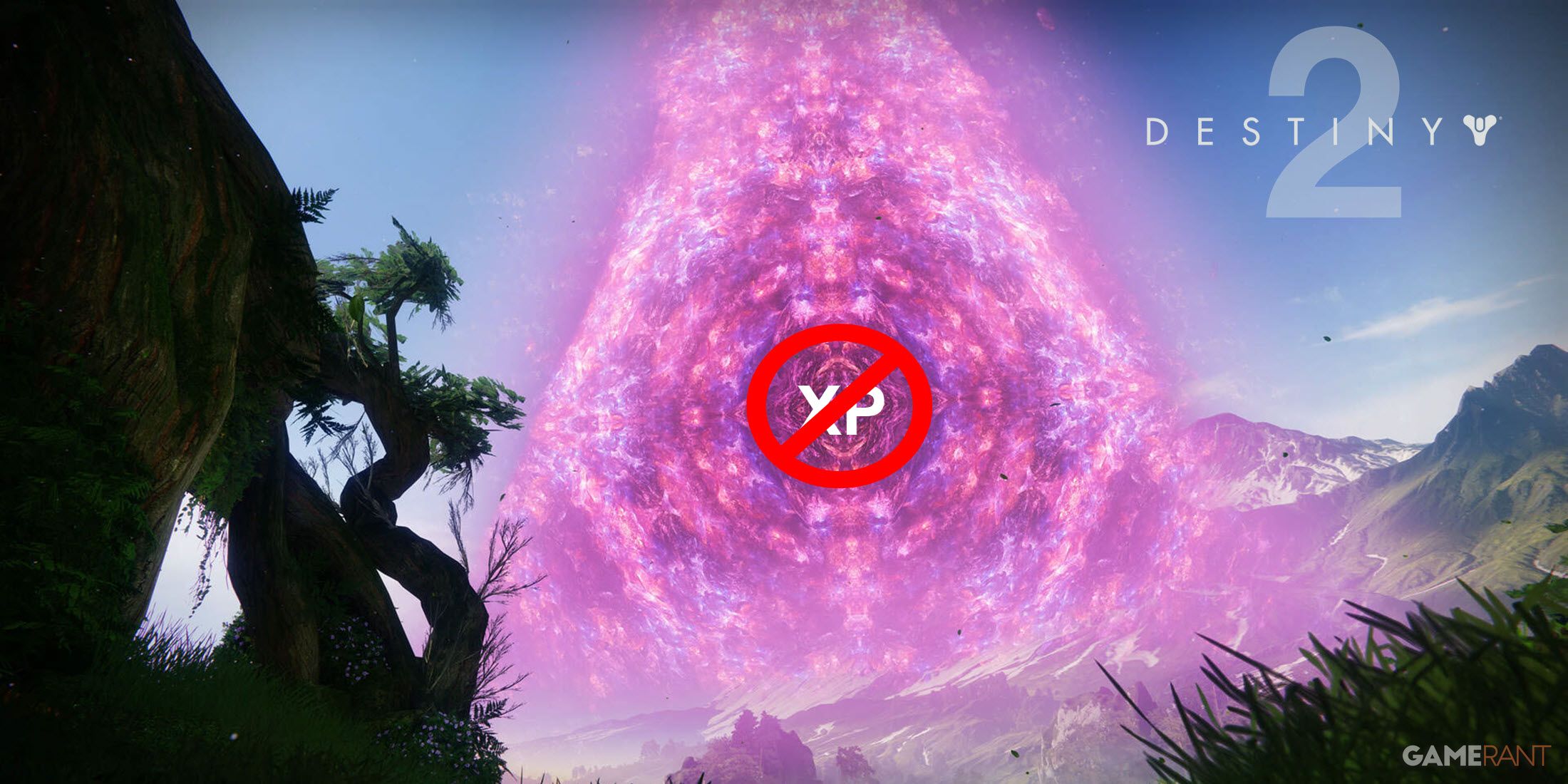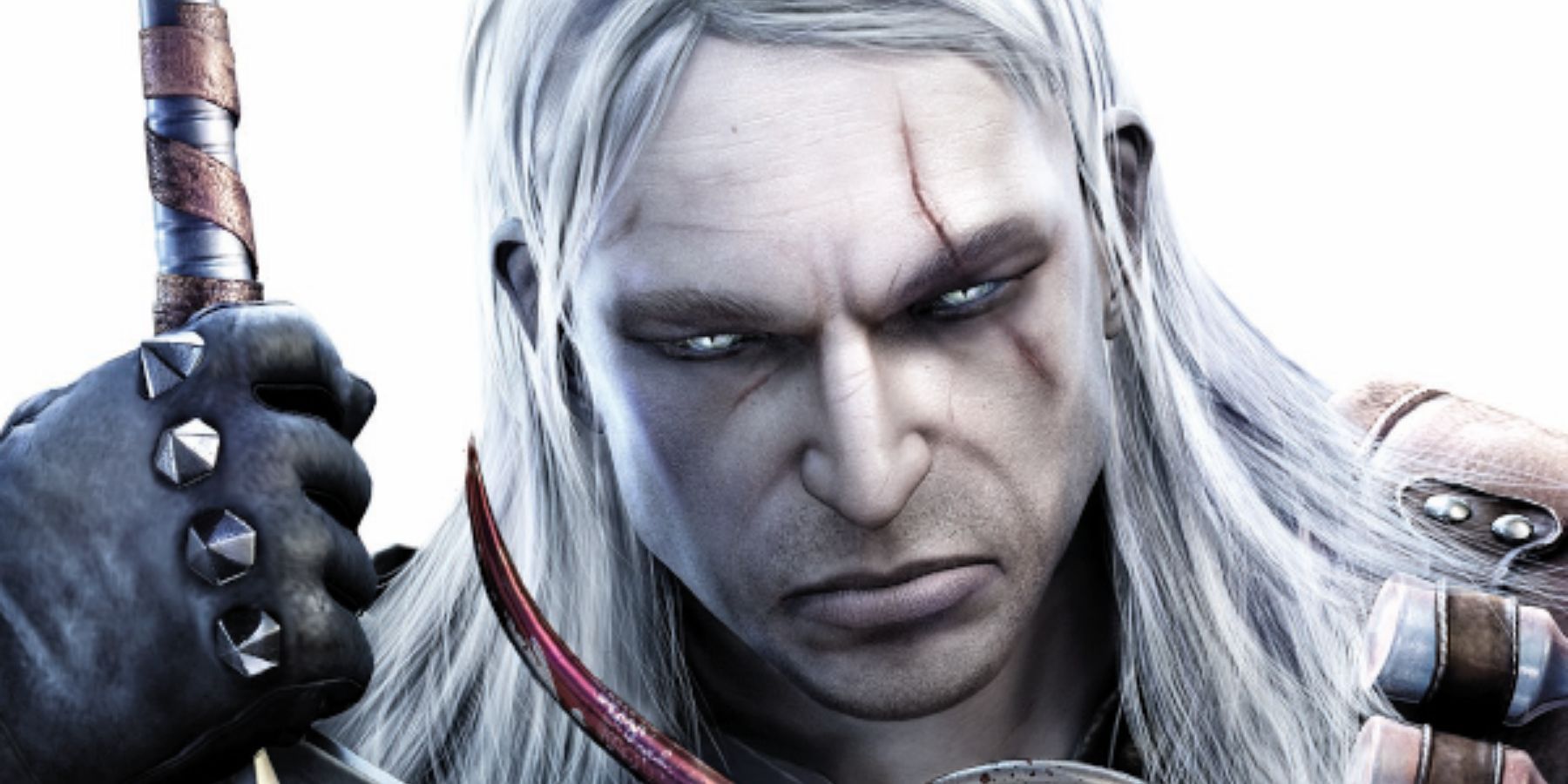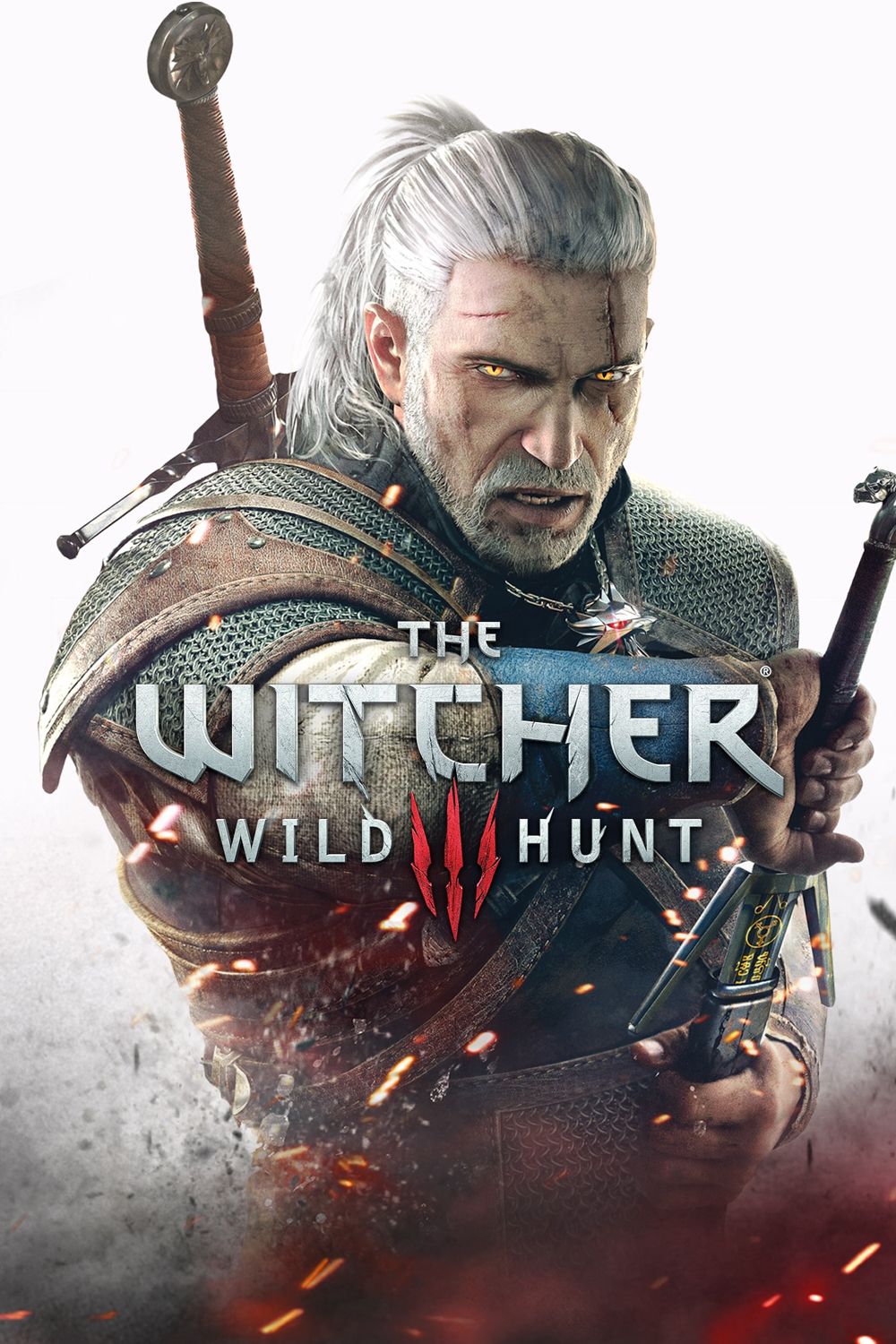Highlights
- Rebalancing the combat system and adding fast travel can attract new and old fans to The Witcher.
- Crafting more engaging side quests by focusing on compelling characters and stories would be a great step forward.
- The Witcher remake has the opportunity to apply lessons learned and elevate the original game.
The first installment of The Witcher franchise was released almost 17 years ago. Since then, the following games—The Witcher 2: Assassins of Kings and The Witcher 3: Wild Hunt—have made massive strides forward in technology, gameplay, and quest design. With the relatively recent announcement of Canis Majoris as a remake of The Witcher in October last year, and with details being extremely scarce, there are many possible changes CD Projekt Red and Fool’s Theory might bring.

The Witcher 4 Could Get a Lot Out of Making One Sharp Turn in its Story
The new Witcher trilogy, starting with Polaris, has a unique opportunity to completely refresh one key component of the world of The Witcher.
The Witcher Combat and Quality of Life Changes are Essential
Timing Combat is Less Than Engaging
The Witcher games, especially The Witcher 3: Wild Hunt, are critically acclaimed games in almost every aspect, and with good reason. Despite that, the most often criticized aspect of the franchise is the combat, even in the latest installment. A rebalanced, more active combat system would go a long way in attracting newcomers, and old fans, to The Witcher.
The first Witcher game has a strange combat system. An unusual mix of timing/rhythm gameplay, mixed with features that were kept in the newer games as well—Witcher signs and sword styles—creates a semi-active combat loop that would have the player chaining an endless combo of sword slashes just by clicking one button. Another oft-criticized aspect was the perceived imbalance of Geralt’s combat abilities as a Witcher. The combat starts out punishingly hard, with gear and levels being extremely limited, making basic enemies like carnivorous plants and Barghests a slog to fight through.
On the other hand, in the later stages of the game, The Witcher 's Geralt gets better gear and stats while legendary monsters like the Werewolf become trivial encounters.
Fast Travel Would Combat Tedium
Fast travel is far more ubiquitous today than it was back in 2007, with TES 4: Oblivion being one of the early adopters the year before. There is also an argument to be made that fast travel can take away from the exploration aspect of a game, especially if the game world is meticulously designed and filled with things for the player to find.
The Witcher doesn’t have fast travel but a teleport option between several locations at a later point in the game, though it’s relatively limited in its scope. The game does have a wonderfully crafted world, the city of Vizima is teeming with life, and its outskirts too. It is also teeming with quests that take players all over the map, from one end to the other.
The Witcher requires a lot of running around, sometimes for less than adequate rewards. It is especially egregious before the teleportation option opens up. Dark Souls' approach to exploration does something similar, opening up fast travel at a midpoint in the game, but the world of Lordran is meticulously interconnected, almost folding into itself. The Witcher just makes players run from one part of the city to the other, then back to the first part, before taking them to the middle of a swamp.
Some kind of middle ground would go far when it comes to CDPR's Canis Majoris. Maybe a stagecoach service that costs money, or certain fast travel points sprinkled around the city, just to make getting from one place to the other a bit more seamless without sacrificing exploration.
Canis Majoris Could Take a Page Out of The Witcher 3’s Quests
Deeper Quests and Meaningful Interactions
Most side quests in The Witcher fall into the fetch quest variety. On the other hand, many impactful side quests in The Witcher 3 can be described in the same way, just going from person to person and talking to them, yet that game is praised and loved for its side quests. What changed was CDPR’s writing, taking far greater care in crafting compelling characters and situations its audience would want to get involved with.
The only difference between a fetch quest and a great side quest is how invested the player is in the story. It would be a lot of work, taking into account writing and recording new voice lines, but it would also be a massive boon to have more engrossing side quests in the remake.
Learning from the Future
The beauty of The Witcher franchise is that every new installment evolved and built upon what had come before. CDPR and Fool’s Theory will hopefully elevate the original game with lessons they learned over the years while keeping the core of what made The Witcher such a cult classic intact.




